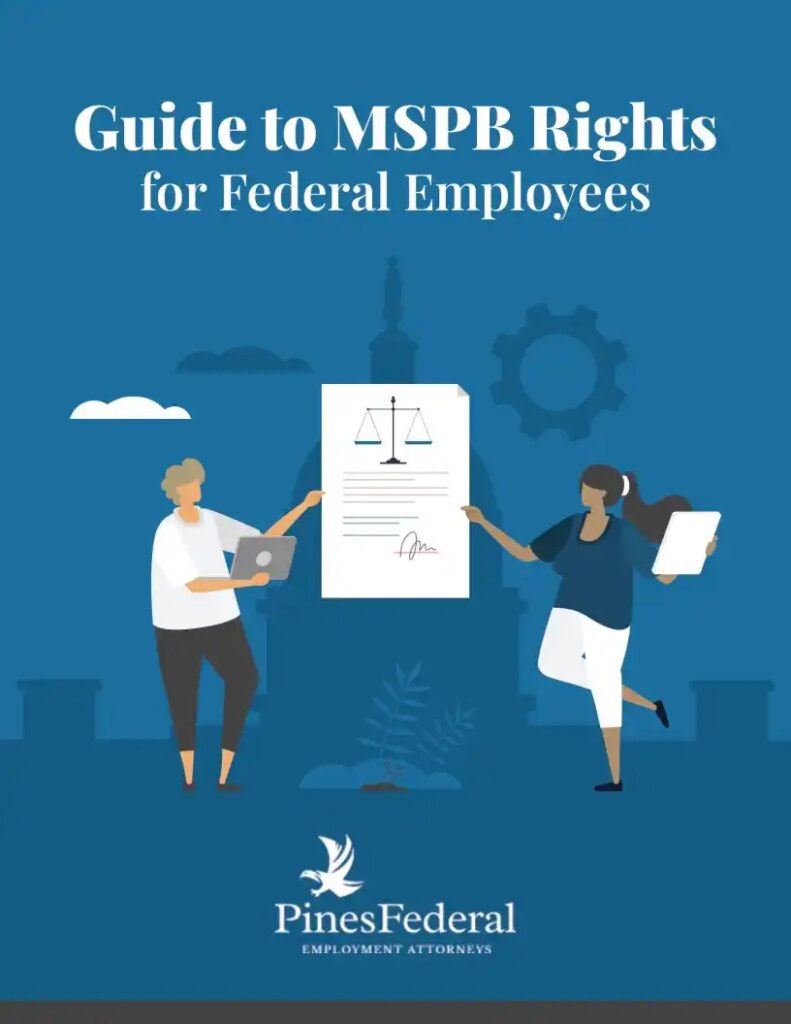
When working as a federal employee, it is critical that you understand your rights when you face charges such as AWOL (absence without official leave).
As you might guess from its name, AWOL represents an unapproved absence from work. AWOL is a serious charge, which means it can lead to severe disciplinary actions such as suspensions, changes in pay or position, and removal.
Even when faced with an AWOL charge, a federal employee has rights. It is possible to challenge an AWOL allegation if you are armed with the right knowledge and appropriate legal counsel.
If you are facing a charge of AWOL as a federal employee, you should seek legal assistance. Reach out to one of our experienced MSPB attorneys by filling out our online form or calling (800) 801-0598 today.
What Is Absence Without Official Leave?
AWOL refers to an absence from work without obtaining prior approval from your chain of command. Just like private-sector jobs, punctuality is vital for federal employees. Therefore, showing up a tad late or not submitting a leave request can result in AWOL charges.
In fact, there are many situations that can lead to an AWOL charge, including:
- Failing to submit a leave request,
- Reporting late to work,
- Leaving work before the scheduled end time, and
- Going on extended medical leave without proper documentation.
Many federal supervisors are willing to be reasonable if you encounter an emergency situation that results in an unexplained absence.
However, discriminatory supervisors and other bad actors will use even the smallest amount of AWOL to damage your career.
Proving AWOL Charges
Almost every disciplinary charge in the federal government has one or more elements. For a charge to be upheld in court, your Agency must prove all these elements.
Agencies must demonstrate two key elements to sustain an AWOL charge. First, they must prove that you were absent from work. Second, they must show that your absence was not authorized.
While the first point is often straightforward, the second can be quite complex. Although managers can deny leave, such denials must be for legitimate reasons.
If your supervisor revokes or denies your leave requests in questionable ways, it may be evidence of illegal discrimination. If you suspect any kind of retaliation or discrimination is a factor, you should contact a federal employment lawyer right away.
[DOWNLOAD] MSPB Rights for Federal Employees

Evidentiary Standards in AWOL Cases
Evidentiary standards determine the level of proof required to validate a charge. In most federal disciplinary cases, the “preponderance of the evidence” standard applies.
“Preponderance of the evidence” means the government must provide evidence indicating that it is more likely than not that you committed the alleged instance of AWOL.
How Many AWOL Charges Can I Get Before Termination?
It depends. Generally, the consequences of being AWOL from work are severe. So even one AWOL charge can result in a federal employee’s proposed removal if it is severe enough.
That said, the proposed penalty for AWOL depends on several factors, including:
- The amount of time you were allegedly AWOL,
- Your prior disciplinary history,
- Your Agency’s culture, and
- Your relationship with your supervisor.
Many other circumstances play a role as well, such as whether you ran out of leave or were unable to notify your supervisor due to an emergency situation.
Defending Against AWOL Charges
Fortunately, federal employees can raise many defenses against AWOL charges. One of the most common defenses relates to discrimination.
For instance, you could argue that the AWOL charge is the product of discrimination based on factors like race, gender, or religion. Another frequent defense relates to active military duty.
Any federal employees who are also serving as reservists cannot be marked AWOL if they are on active duty calls. If your employer breaks that rule, it probably constitutes military discrimination.
Rights of Federal Employees Charged with AWOL
Unlike many private-sector employees, federal workers enjoy specific due process rights once past their probationary period.
Specifically, federal employees facing adverse actions enjoy the right to things like:
- At least 30-days’ advance notice of proposed adverse actions,
- A detailed description of the charges,
- The opportunity to access all relevant evidence that the Agency relies upon, and
- The chance to present written and oral statements in their defense.
Thanks to these rights, your employer cannot simply fire you. And if a court finds that your employer violated your due process rights, it will overturn the punishment against you.
Charged with AWOL? Let a Knowledgeable MSPB Attorney Help You Today
If you’ve been charged with AWOL, seeking experienced legal representation may be crucial to protecting your future. So don’t despair if you are facing a charge of AWOL.
Our federal employment lawyers can defend your legal rights while guiding you through the disciplinary process. With our help, we can maximize your chances of clearing your name and continuing your federal career in peace.
Don’t wait to get the representation you need. Give us a call at (800) 801-0598 or reach out online.